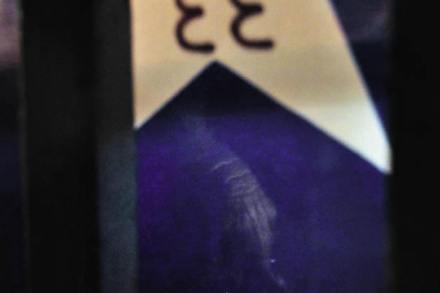What Price World Book Night?
Last night saw the birth of something remarkable. Brainchild of legendary Canongate publisher, Jamie Byng, the inaugural World Book Night saw a million books given away across the UK. The scheme worked like this: 20,000 ‘givers’ each gave away 48 copies of a book chosen from a list of 25 titles, pre-selected by an editorial committee. The remaining books went out to places described as ‘difficult to reach, such as prisons and hospitals’. It is strange how such a seemingly altruistic and celebratory notion could be controversial. But objections have been raised and, aside from a great deal of irritation with logistical problems, many people are concerned about the act








